Storm Restoration Services
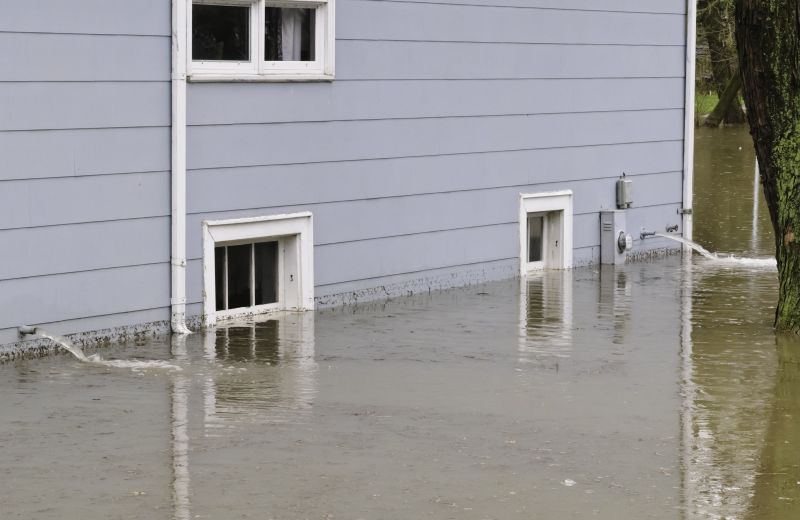
Preparing before storm season can reduce damage and streamline restoration efforts.
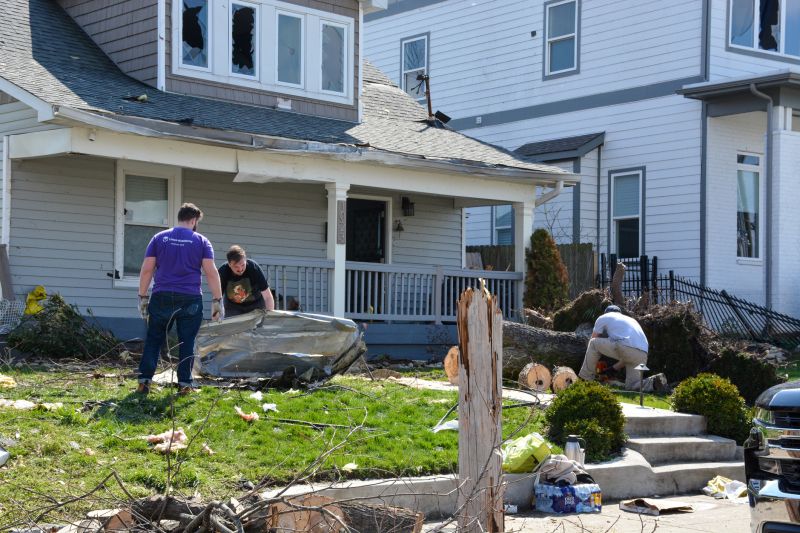
Assessing damage promptly after storms ensures timely restoration and minimizes risks.
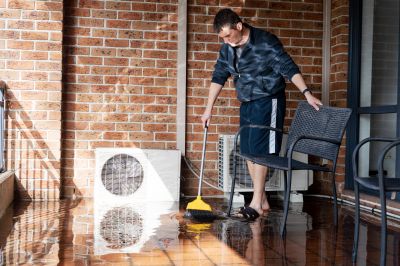
Scheduling restorations during calmer periods can lead to faster service and better results.
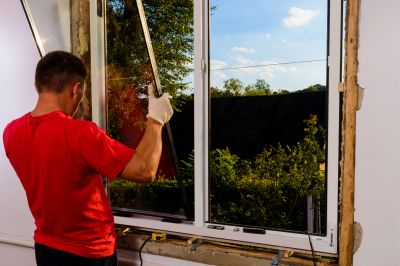
Ways to make Storm Restorations work in tight or awkward layouts.

Popular materials for Storm Restorations and why they hold up over time.
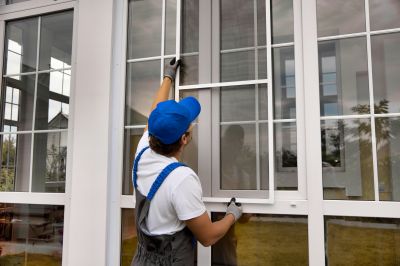
Simple add-ons that improve Storm Restorations without blowing the budget.

High-end options that actually feel worth it for Storm Restorations.

Finishes and colors that play nicely with Storm Restorations.
Storm restorations involve repairing and restoring properties damaged by severe weather events such as wind, hail, and heavy rain. Timely intervention is crucial to prevent further deterioration, mold growth, and structural issues. Proper planning and execution can significantly reduce long-term costs and improve safety.
Statistics indicate that storm-related damages account for a substantial portion of property repair costs annually. Damage severity varies based on storm intensity, property age, and construction quality. Conducting restorations promptly after storms ensures the protection of assets and minimizes disruption.
Restoring properties soon after storms can prevent secondary damages and reduce repair costs.
Favorable weather conditions facilitate efficient restoration work and ensure quality results.
Off-peak seasons may offer faster scheduling and cost savings for storm restoration projects.
Proactive measures before storm season can mitigate damage and streamline restoration efforts.
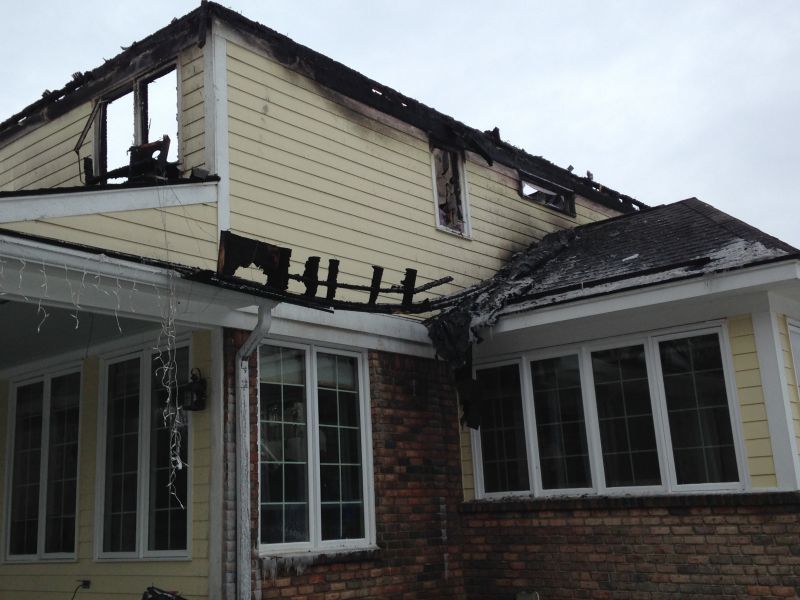
Visual inspections identify areas needing immediate attention.
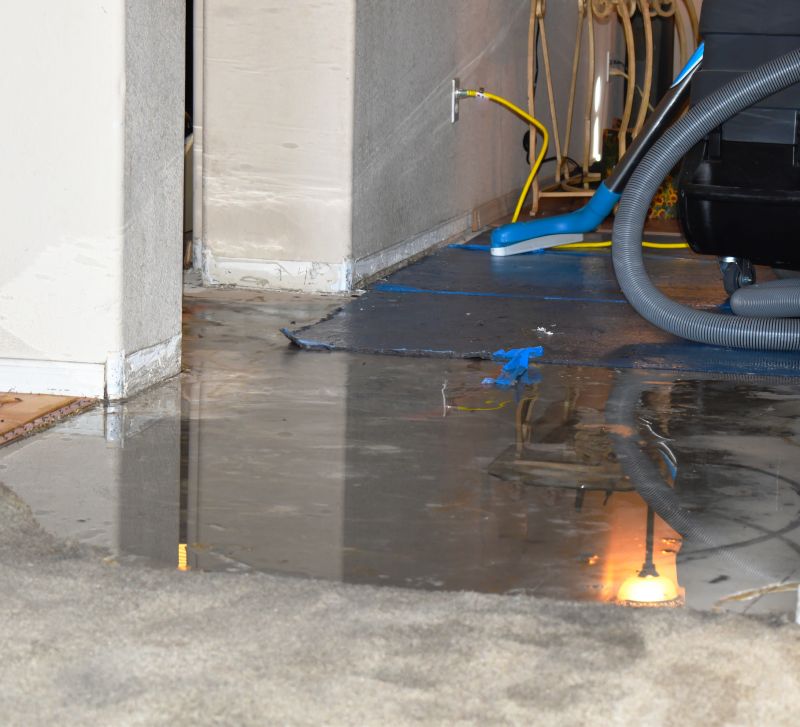
Advanced tools and machinery enable efficient repairs.
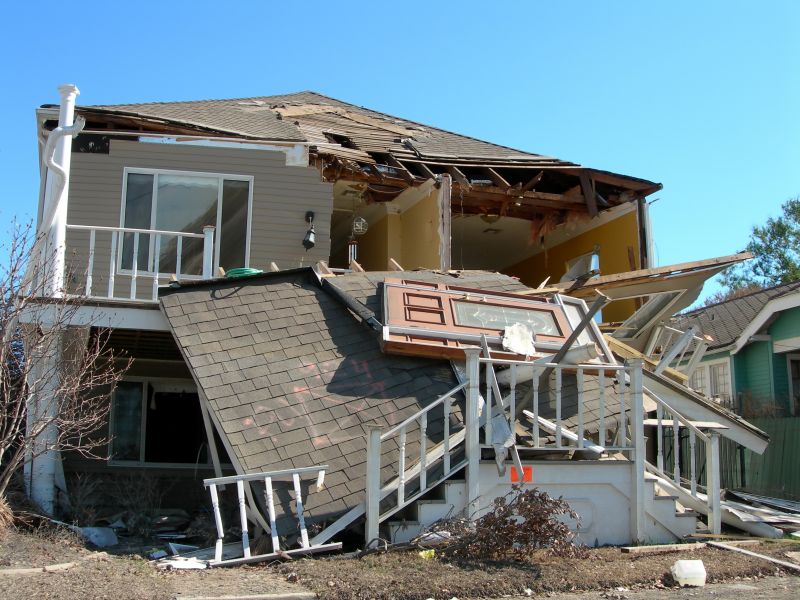
Restored roofs withstand future storms better.
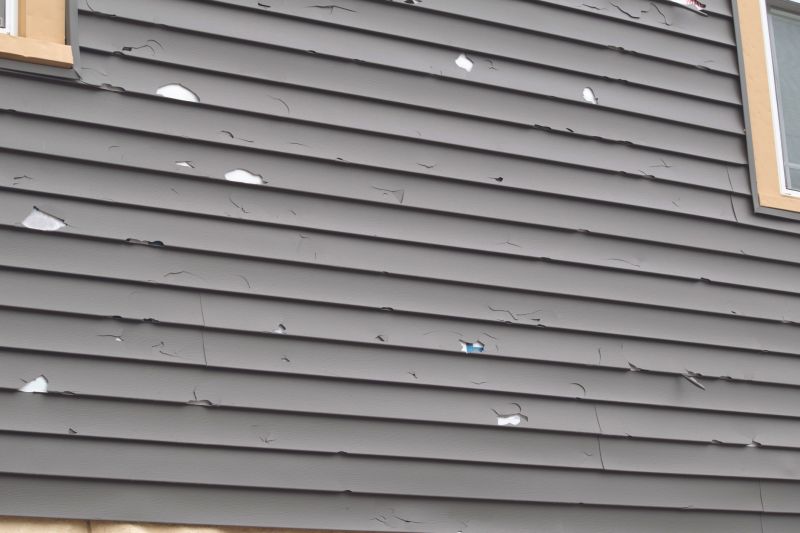
Repairing siding prevents water intrusion and structural issues.
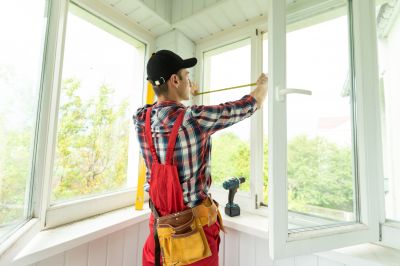
Little measurements that prevent headaches on Storm Restorations day.

A 60-second routine that keeps Storm Restorations looking new.
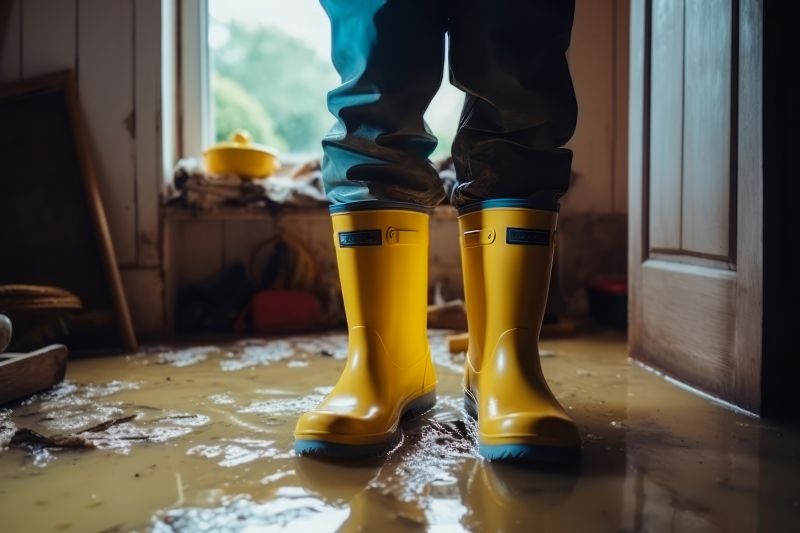
A frequent mistake in Storm Restorations and how to dodge it.

Small tweaks to make Storm Restorations safer and easier to use.
| Storm Type | Optimal Restoration Timing |
|---|---|
| Hurricanes | Immediately after storm passage, during calm weather |
| Hailstorms | Within 24-48 hours post-storm |
| Wind Damage | As soon as safety permits |
| Heavy Rain | Immediately to prevent water intrusion |
| Tornadoes | As soon as safe to access the site |
| Flooding | Promptly to prevent further structural damage |
| Snow and Ice | During thaw periods when accessible |
Understanding the optimal timing for storm restorations can enhance the effectiveness of repairs and reduce costs. It is essential to evaluate weather conditions, storm severity, and property status to determine the best window for intervention. Proper scheduling ensures safety, quality, and durability of restoration efforts.
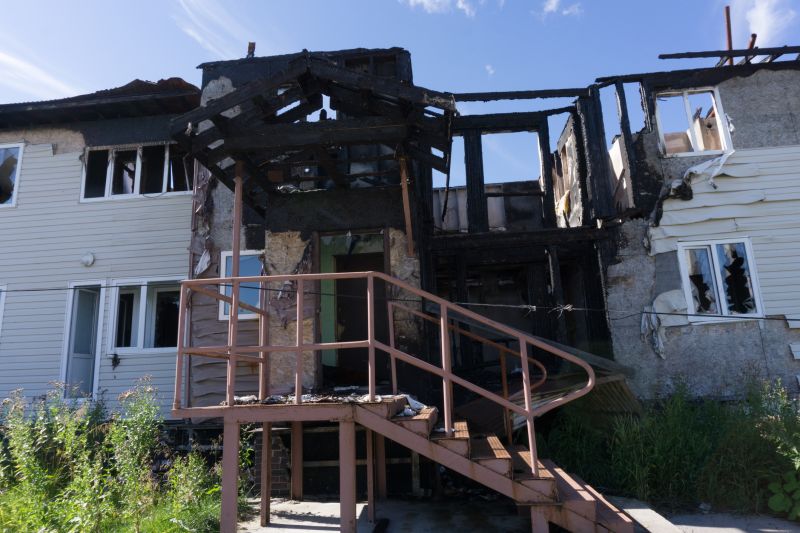
Strategic planning ensures efficient response after storms.
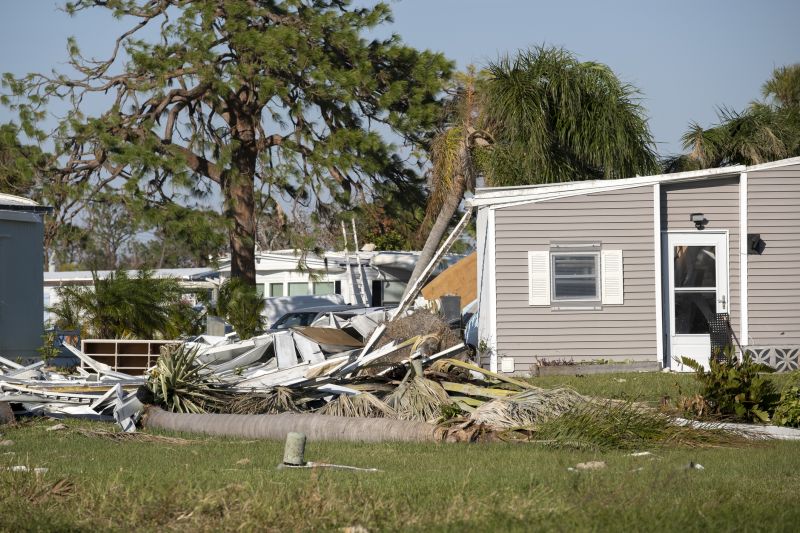
Immediate fixes prevent further damage and hazards.
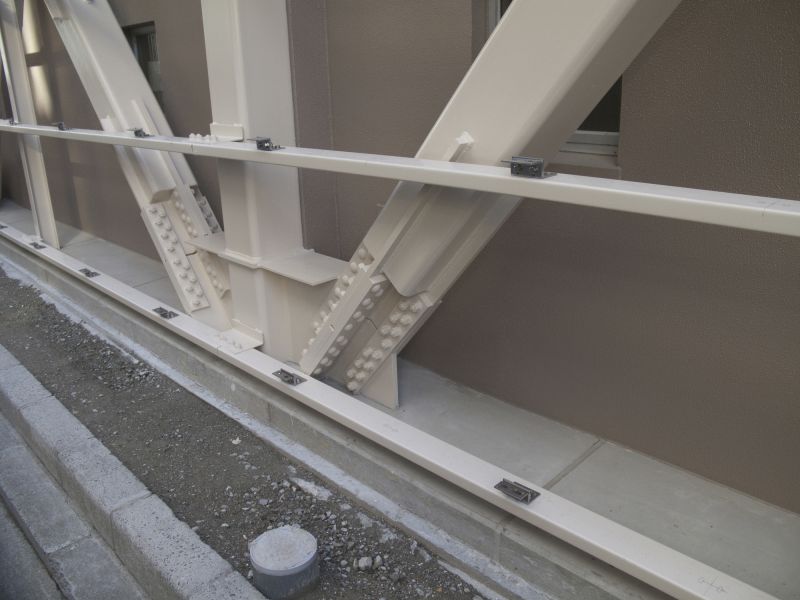
Strengthening structures prepares properties for future storms.

Ensures repairs meet quality standards and safety requirements.
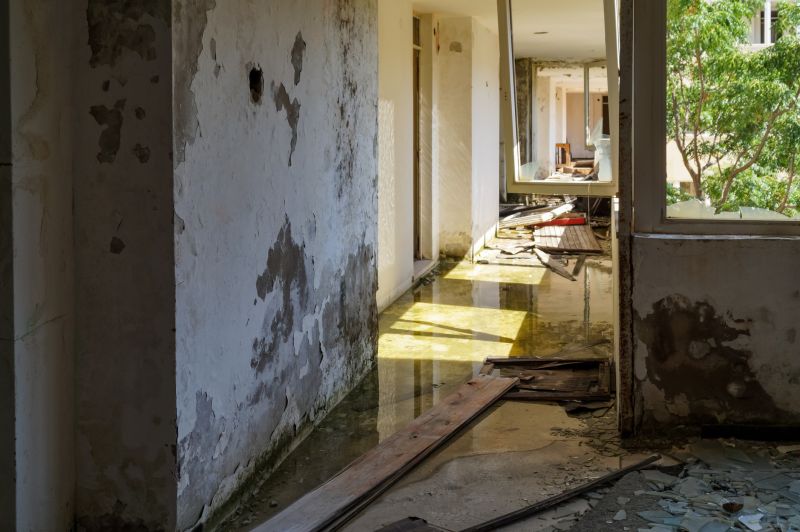
Lower-waste or water-saving choices for Storm Restorations.

The short, realistic tool list for quality Storm Restorations.

Rough timing from prep to clean-up for Storm Restorations.

Quick checks and paperwork to keep after Storm Restorations.
Timely storm restorations are vital to maintaining property integrity and safety. Planning around weather patterns and storm cycles can optimize repair schedules and outcomes. Regular assessments and proactive measures contribute to resilient properties capable of withstanding future severe weather events.
If interested in storm restoration services, filling out the contact form can provide more information and initiate the process. Prompt action helps protect properties and ensures swift recovery from storm damage.
